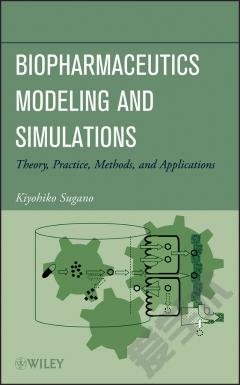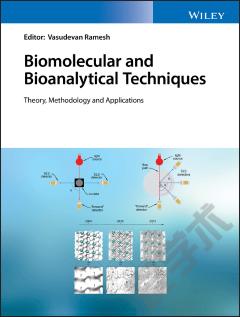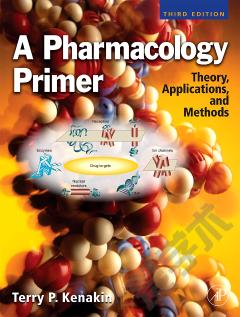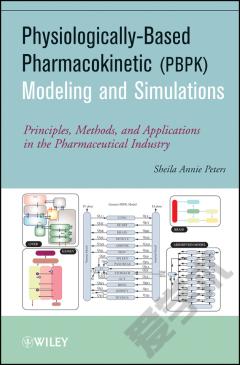Biopharmaceutics Modeling and Simulations —— Theory, Practice, Methods, and Applications
----- 生物制药的建模与仿真:理论、实践、方法与应用
A comprehensive introduction to using modeling and simulation programs in drug discovery and development Biopharmaceutical modeling has become integral to the design and development of new drugs. Influencing key aspects of the development process, including drug substance design, formulation design, and toxicological exposure assessment, biopharmaceutical modeling is now seen as the linchpin to a drug's future success. And while there are a number of commercially available software programs for drug modeling, there has not been a single resource guiding pharmaceutical professionals to the actual tools and practices needed to design and test safe drugs. A guide to the basics of modeling and simulation programs, Biopharmaceutics Modeling and Simulations offers pharmaceutical scientists the keys to understanding how they work and are applied in creating drugs with desired medicinal properties. Beginning with a focus on the oral absorption of drugs, the book discusses: The central dogma of oral drug absorption (the interplay of dissolution, solubility, and permeability of a drug), which forms the basis of the biopharmaceutical classification system (BCS) The concept of drug concentration How to simulate key drug absorption processes The physiological and drug property data used for biopharmaceutical modeling Reliable practices for reporting results With over 200 figures and illustrations and a peerless examination of all the key aspects of drug research—including running and interpreting models, validation, and compound and formulation selection—this reference seamlessly brings together the proven practical approaches essential to developing the safe and effective medicines of tomorrow.
{{comment.content}}








 京公网安备 11010802027623号
京公网安备 11010802027623号